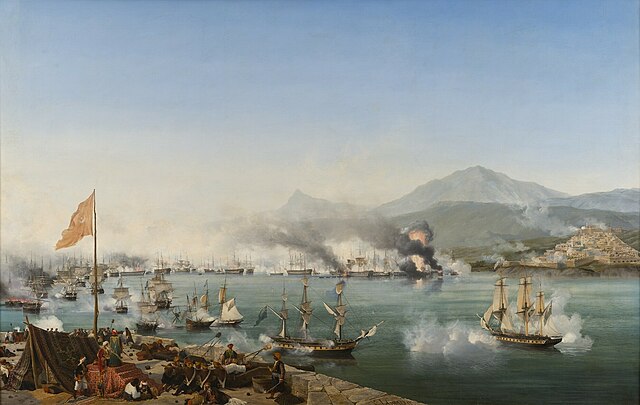The Philippine Revolution was a war of independence waged by the revolutionary organization Katipunan against the Spanish Empire from 1896 to 1898. It was the culmination of the 333-year colonial rule of Spain to the archipelago. The Philippines were among the last colonies of the Spanish Empire, which saw a massive decline particularly in the 1890s. Cuba rebelled in 1895, and the empire soon fought against the United States in a war that they lost. In June 1898, Philippine revolutionaries declared independence. However, this was not recognized by Spain, which sold the islands to the United States in the Treaty of Paris.
Image: Ultimos Filipinas
Image: Insurgent soldiers in the Philippines 1899
Image: Malolos congress
Image: Pact of Biak na Bato Filipino negotiators
Wars of national liberation
Wars of national liberation, also called wars of independence or wars of liberation, are conflicts fought by nations to gain independence. The term is used in conjunction with wars against foreign powers to establish separate sovereign states for the rebelling nationality. From a different point of view, such wars are called insurgencies or rebellions. Guerrilla warfare or asymmetric warfare is often utilized by groups labeled as national liberation movements, often with support from other states.
Allied naval intervention at the Battle of Navarino by Ambroise Louis Garneray, part of the Greek War of Independence against the Ottoman Empire
Estonian artillery preparing for a battle during the 1918–1920 Estonian War of Independence






